The “Advanced Blockchain Technologies” course offers an in-depth exploration of advanced concepts, protocols, and applications in blockchain technology. Designed for individuals with a foundational understanding of blockchain, this course equips participants with expert-level knowledge to navigate the complexities of blockchain architecture, cryptography, consensus mechanisms, smart contracts, decentralized finance (DeFi), tokenization, interoperability, security, and industry use cases.
Course Structure:
Chapter 1: Introduction to Advanced Blockchain Concepts: Covers advanced topics such as blockchain architecture, scalability solutions, interoperability, privacy, governance models, and future trends.
Chapter 2: Advanced Cryptography for Blockchain: Explores advanced cryptographic techniques essential for blockchain security, including ECC, ZKPs, homomorphic encryption, and quantum-resistant cryptography.
Chapter 3: Advanced Consensus Mechanisms: Delves into various consensus algorithms beyond Proof of Work (PoW), including PoS, DPoS, PBFT, DAGs, and consortium blockchains.
Chapter 4: Smart Contracts and DAOs: Focuses on Turing-complete smart contracts, smart contract security, DAOs, oracles, token standards, and governance mechanisms.
Chapter 5: Decentralized Finance (DeFi): Examines the decentralized financial ecosystem, covering DEXs, lending platforms, yield farming, synthetic assets, DeFi insurance, and regulatory challenges.
Chapter 6: Tokenization and Digital Assets: Discusses token standards, security tokens, NFTs, tokenization of real-world assets, ICOs, STOs, token economics, and asset backing mechanisms.
Chapter 7: Blockchain Interoperability: Explores cross-chain communication protocols, interoperability solutions like Polkadot and Cosmos, blockchain bridges, and challenges in achieving seamless interoperability.
Chapter 8: Blockchain Development Tools: Provides insights into essential development tools and frameworks for building blockchain applications, including Ethereum tools, smart contract testing frameworks, and blockchain development platforms.
Chapter 9: Security and Auditing: Focuses on security best practices, code auditing, penetration testing, identity management, compliance, and incident response in blockchain systems.
Chapter 10: Blockchain Use Cases: Explores real-world applications of blockchain technology across industries such as supply chain management, healthcare, identity verification, intellectual property, voting systems, and energy trading.
Course Tools:
Participants will utilize various blockchain tools and platforms throughout the course, including Ethereum blockchain (Mainnet and Testnets), Remix IDE, Truffle Suite, Ganache, Metamask Wallet, Infura API, and the Solidity programming language.
By the end of the course, participants will emerge with a comprehensive understanding of advanced blockchain concepts and be equipped to tackle complex challenges and contribute to innovative blockchain solutions in various industries.
Requirements
- 1. Basic Understanding of Blockchain: Participants should have a foundational knowledge of blockchain technology, including its principles, components, and applications.
- 2. Proficiency in Cryptography: Familiarity with cryptographic concepts such as hashing, encryption, and digital signatures is required to grasp advanced cryptography topics covered in the course.
- 3. Programming Skills: Basic programming proficiency in languages like JavaScript, Python, or Solidity is necessary for understanding and implementing smart contracts and blockchain applications.
- 4. Familiarity with Ethereum: Prior exposure to Ethereum blockchain and its ecosystem tools (e.g., Remix IDE, Truffle Suite) will be beneficial for practical exercises and projects.
- 5. Interest in DeFi and Tokenization: A curiosity about decentralized finance (DeFi) and tokenization concepts will enhance comprehension and engagement with advanced topics in these areas.6. Commitment to Learning: Dedication to regular attendance, participation in discussions, completion of assignments, and self-directed study is essential for mastering complex concepts and skills in advanced blockchain technologies.
Features
- 1. Expert-Led Instruction: Taught by industry experts and blockchain practitioners, ensuring high-quality content and real-world insights.
- 2. Comprehensive Curriculum: Covers a wide range of advanced topics including cryptography, consensus mechanisms, DeFi, tokenization, and interoperability.
- 3. Hands-On Learning: Practical exercises, coding assignments, and case studies provide opportunities for participants to apply theoretical knowledge and develop practical skills.
- 4. Interactive Discussions: Engage in interactive discussions, group activities, and Q&A sessions to deepen understanding and facilitate knowledge sharing among participants.
- 5. Project-Based Assessments: Work on real-world projects to demonstrate proficiency in applying advanced blockchain concepts and technologies.
- 6. Access to Tools and Resources: Utilize cutting-edge blockchain development tools, platforms, and resources to enhance learning and facilitate project implementation.

